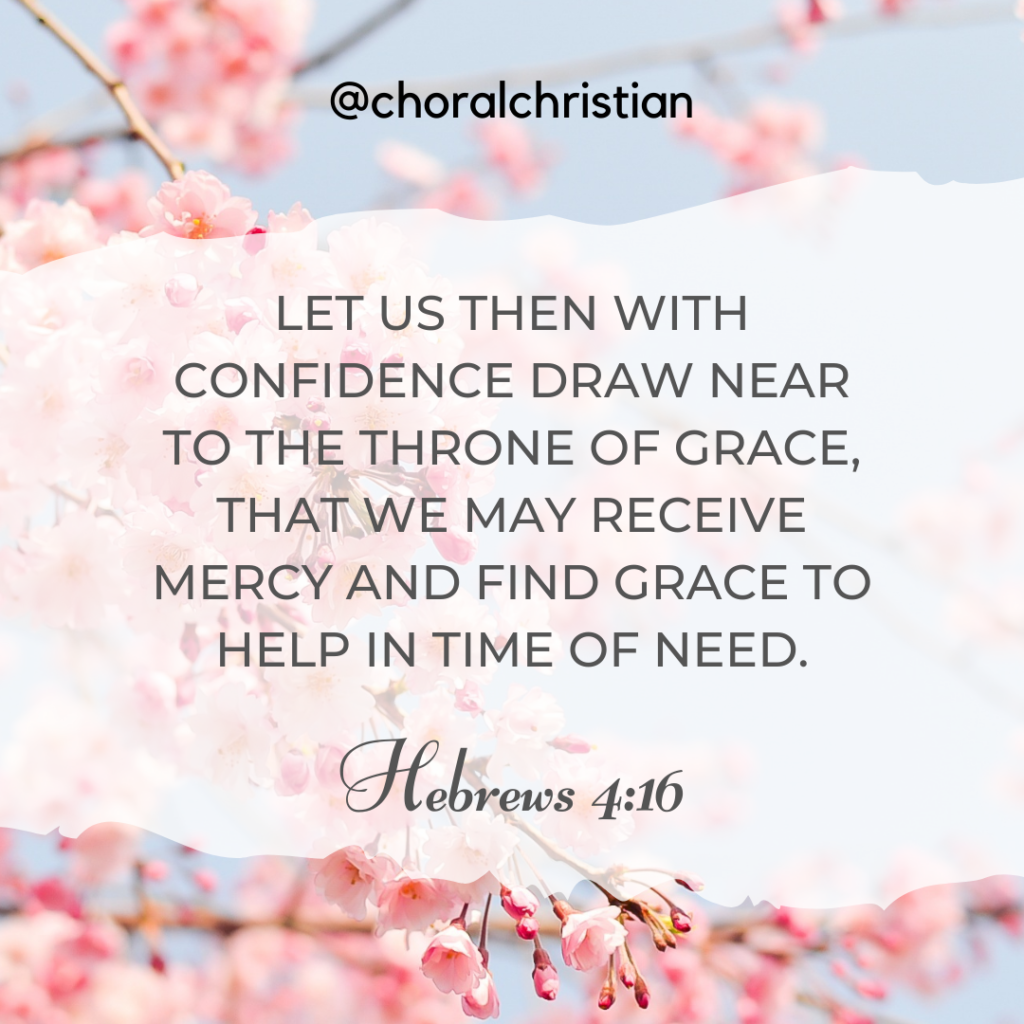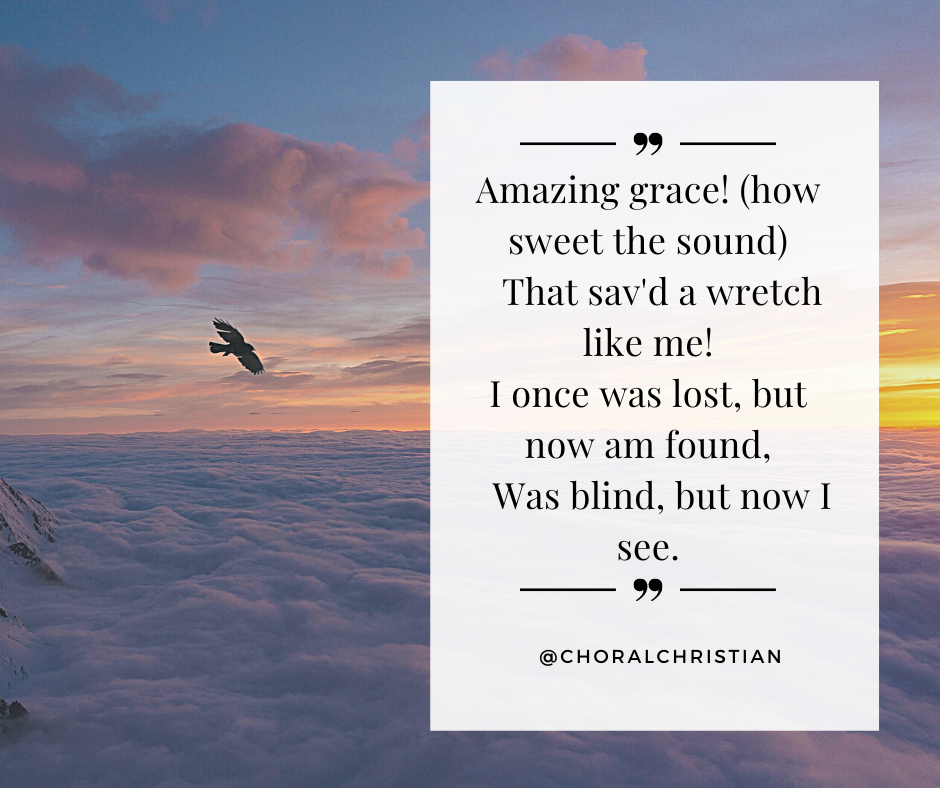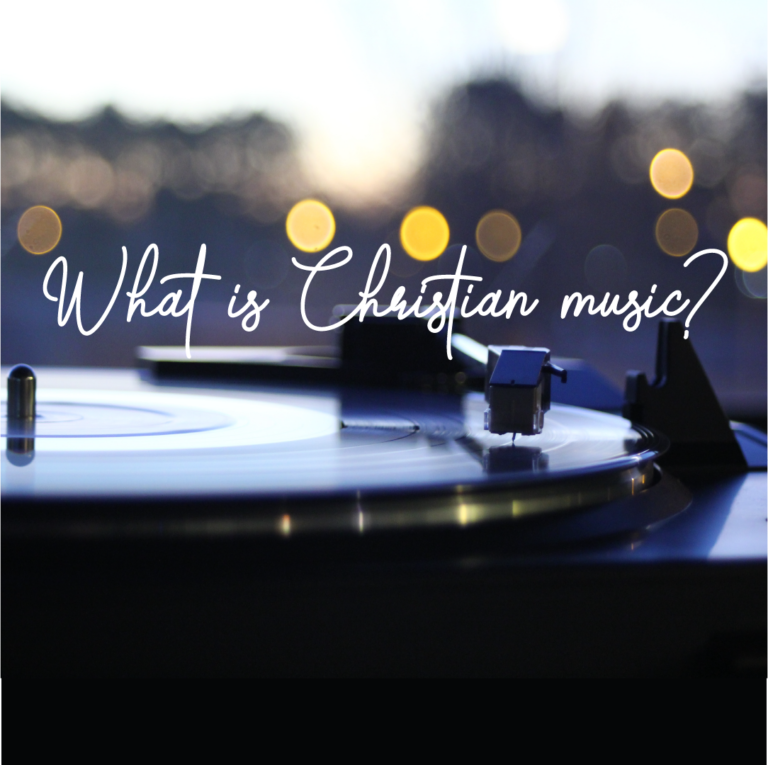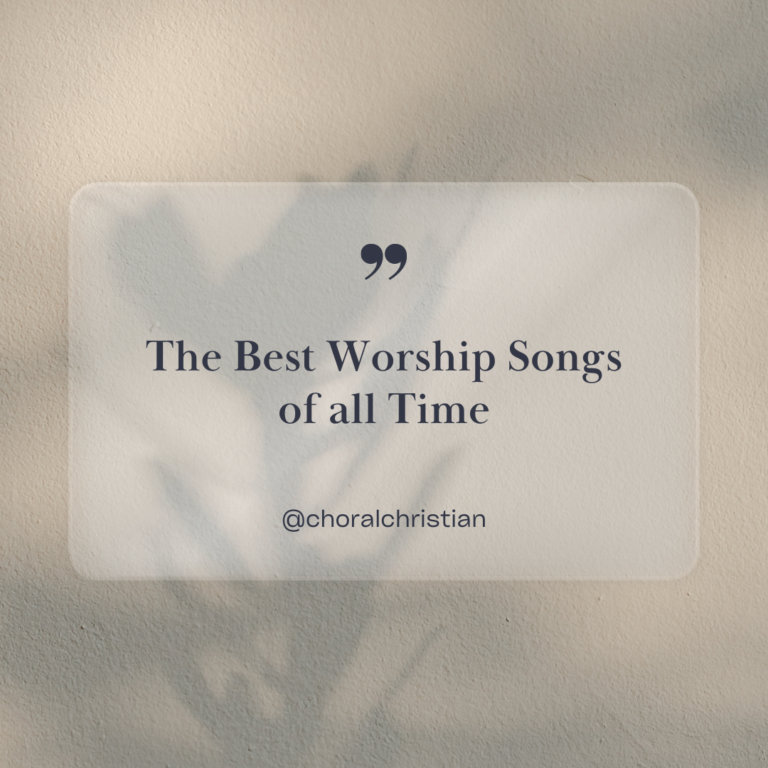Amazing Grace. Author and background.
“Amazing Grace” is probably the most popular hymn ever written. It was written in 1772 by English poet, John Newton (1725–1807). It is primarily a religious song but is also widely used secularly. While the words of the hymn are deeply moving, the story of the life of the author makes it more fascinating and inspiring.
John Newton’s life and conversion
Newton was born into a Christian family in 1725. His mother who wanted Him to be a clergyman died of tuberculosis when he was 6, leaving him to be raised by his emotionally distant stepmother while his father was at sea. He was also sent to boarding school, where he was mistreated.
When Newton was 11, he became an apprentice on a ship with his father. His apprenticeship was marked by headstrong disobedience.
Young Newton would often come close to death, re-examine his relationship with God, then relapse into bad habits. He eventually renounced his faith under the influence of a shipmate. On this he wrote.
Like an unwary sailor who quits his port just before a rising storm, I renounced the hopes and comforts of the Gospel at the very time when every other comfort was about to fail me.
His disobedience led to him being pressed into the Royal Navy. He went on to desert the navy and was traded as a crew member in a slave ship. This was after he had been humiliated for deserting the navy. This marked the beginning of his slave trading career.
While a slave trader, newton was locked up and almost starved to death for his stubbornness and insubordination and later on became enslaved by the Sherbro in Sierra Leone. He was released to a new ship, the Greyhound after the intervention of his father where once again Newton gained notoriety for his profanity. He would use and come up with the obscenest words that exceed the limits of verbal debauchery.
Newton’s turnaround began In March 1748, when the Greyhound was caught in a storm that almost killed him. After proposing measures to the captain, Newton turned and said,
If this will not do, then Lord have mercy upon us!
He briefly rested before returning to the deck to steer for the next eleven hours.

The battered ship and starving crew landed in Lough Swilly, Ireland two weeks later. The memory of his own “Lord have mercy upon us!” uttered when He was desperate stayed with him; he wondered if he was redeemable and worthy of God’s mercy. He had not only neglected his faith but directly opposed it and mocked those who showed theirs, deriding and denouncing God as a myth.
Newton’s conversion was, however, not immediate. He had begun to submit to authority only because of his intention to marry Polly, a family friend whom he had deserted the navy to go meet. Newton found a place on a slave ship bound for Africa. On this ship, the only immorality he had freed himself from was profanity.
After a severe illness, his resolve was renewed but he retained the same attitude toward slavery. He continued in the slave trade now as a captain. He married Polly in 1750 in between voyages and it increasingly became difficult to leave her for voyages. At the age of thirty, Newton collapsed and never sailed again.
As from 1756, Newton started working as a customs agent in Liverpool. He studied Latin Greek and theology and later became an abolitionist. He went on to be ordained in the Church of England in 1764 and became the curate of Olney, Buckinghamshire, where he started writing hymns with poet William Cowper.
Later in life, Newton fought alongside William Wilberforce, who spearheaded the legislative effort to put an end to the trade of African slaves. He lived to witness the British enactment of the Slave Trade Act in 1807 and authored a pamphlet in support of the cause that depicted the horrors of the slave trade.
Amazing Grace. The message.
The main message of the song is that regardless of the sins we commit, forgiveness and redemption are possible through the mercy of God
We can trace verse 1 to the story of the prodigal son. In Luke 15:24, his father says, “For this, my son was dead, and is alive again; he was lost and is found.” Newton used the words “I was blind but now I see” and declared “Oh to grace how great a debtor!” in his letters and diary entries as early as 1752.
Newton recalls the dangers, toils, and snares he had been through as a sailor and slave master. He recalls how often he had come close to dying and realizes that it was only by God’s grace that he was spared.
Like Newton, we find comfort in the fact that God keeps his promises. We can thus rejoice because when our flesh and heart shall fail, and life ceases to exist, we shall possess an eternal life of joy and peace.

Conclusion
Bruce Hindmarsh in Sing Them Over Again to Me: Hymns and Hymnbooks in America considers “Amazing Grace” an excellent example of Newton’s testimonial style afforded by the use of this perspective. This work is a study of the importance of Protestant hymns in defining America and American religion. It explores the underappreciated influence of hymns in shaping many spheres of personal and corporate life as well as the value of hymns for studying religious life.
According to Newton, unconverted sinners were “blinded by the god of this world” until “mercy came to us not only undeserved but undesired … our hearts endeavored to shut him out till he overcame us by the power of his grace.”
If there is one thing I have learned from this story, it is that no one is beyond redemption. Our God who is merciful means it when He says all you need do to be forgiven is confess your sins and believe that Jesus came and died for our salvation.
Amazing Grace lyrics
Amazing grace! (how sweet the sound)
That sav’d a wretch like me!
I once was lost, but now am found,
Was blind, but now I see.
‘Twas grace that taught my heart to fear,
And grace my fears reliev’d;
How precious did that grace appear
The hour I first believ’d!
Thro’ many dangers, toils, and snares,
I have already come;
‘Tis grace hath brought me safe thus far,
And grace will lead me home.
The Lord has promis’d good to me,
His word my hope secures.
He will my shield and portion be
As long as life endures.
Yes, when this flesh and heart shall fail,
And mortal life shall cease;
I shall possess, within the veil,
A life of joy and peace.
The earth shall soon dissolve like snow,
The sun forbear to shine;
But God, who call’d me here below,
Will be forever mine.
John Newton, Olney Hymns, 1779








3 Comments
Comments are closed.